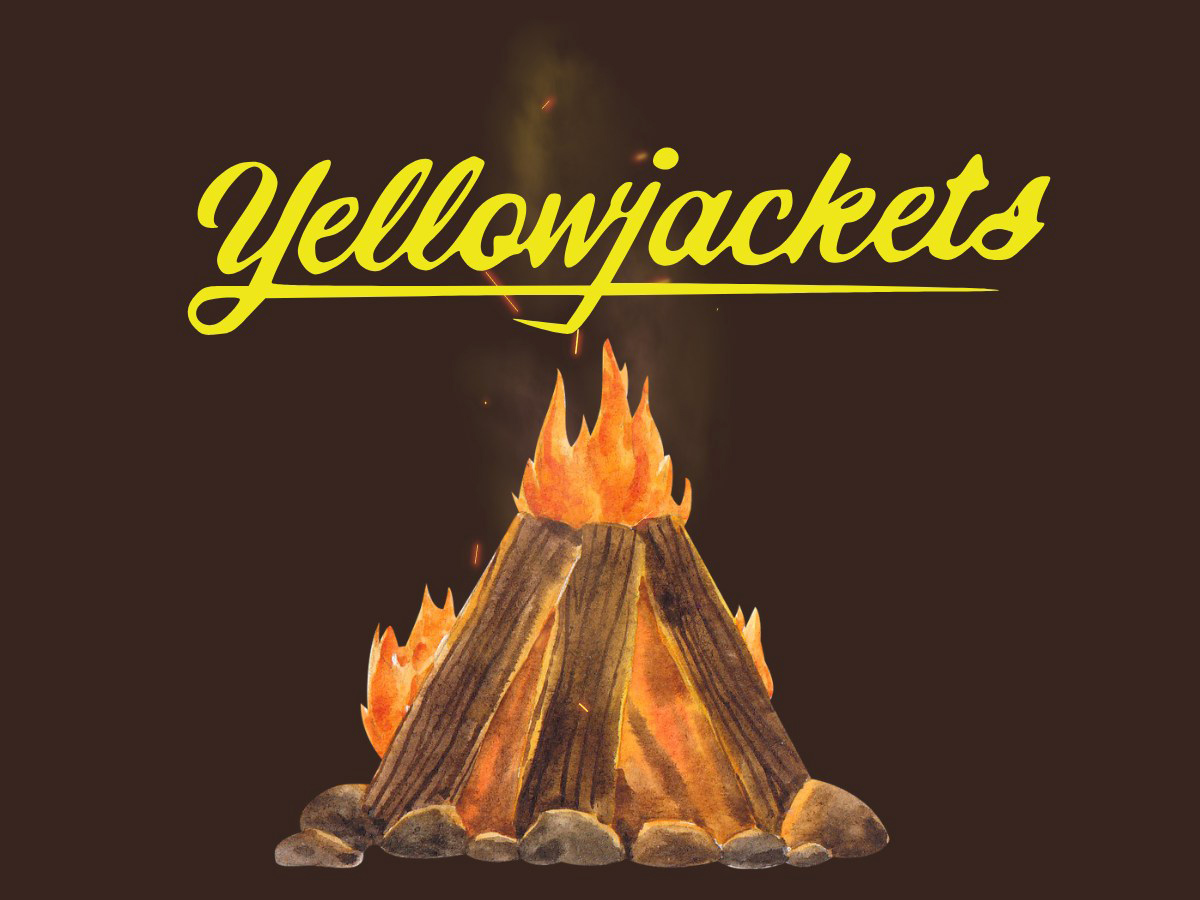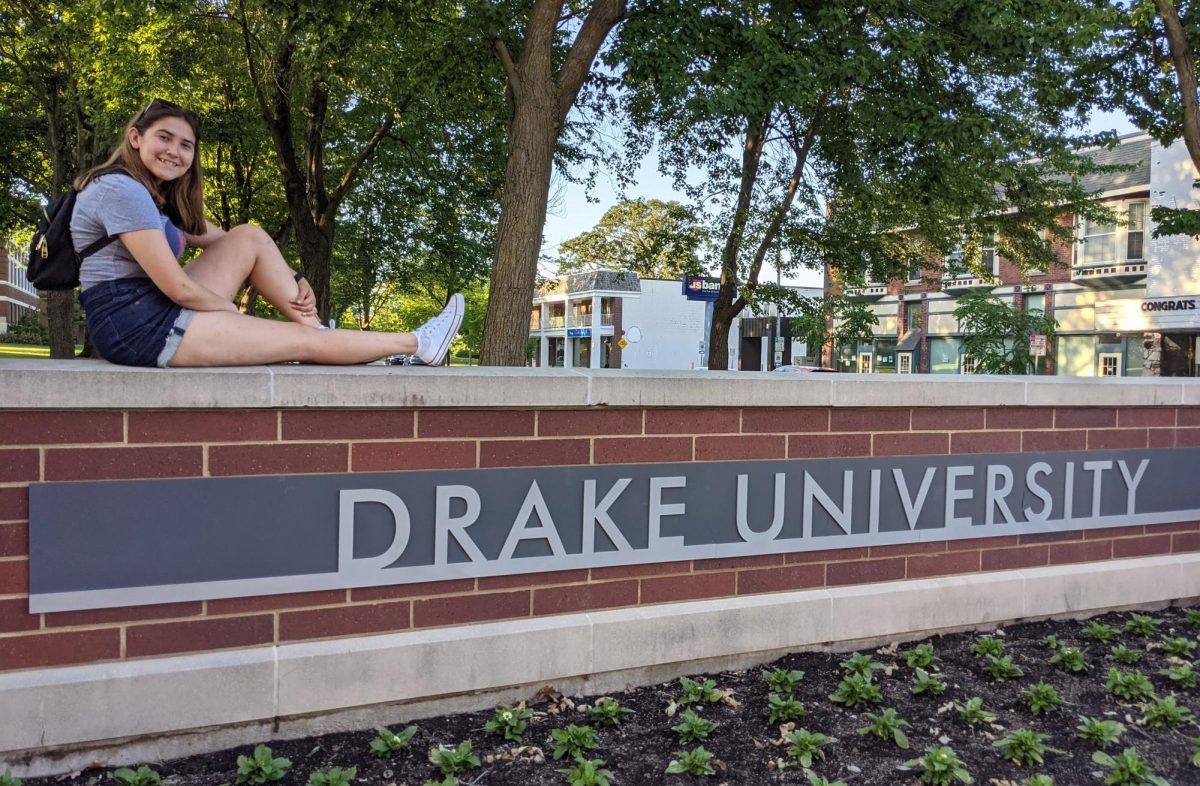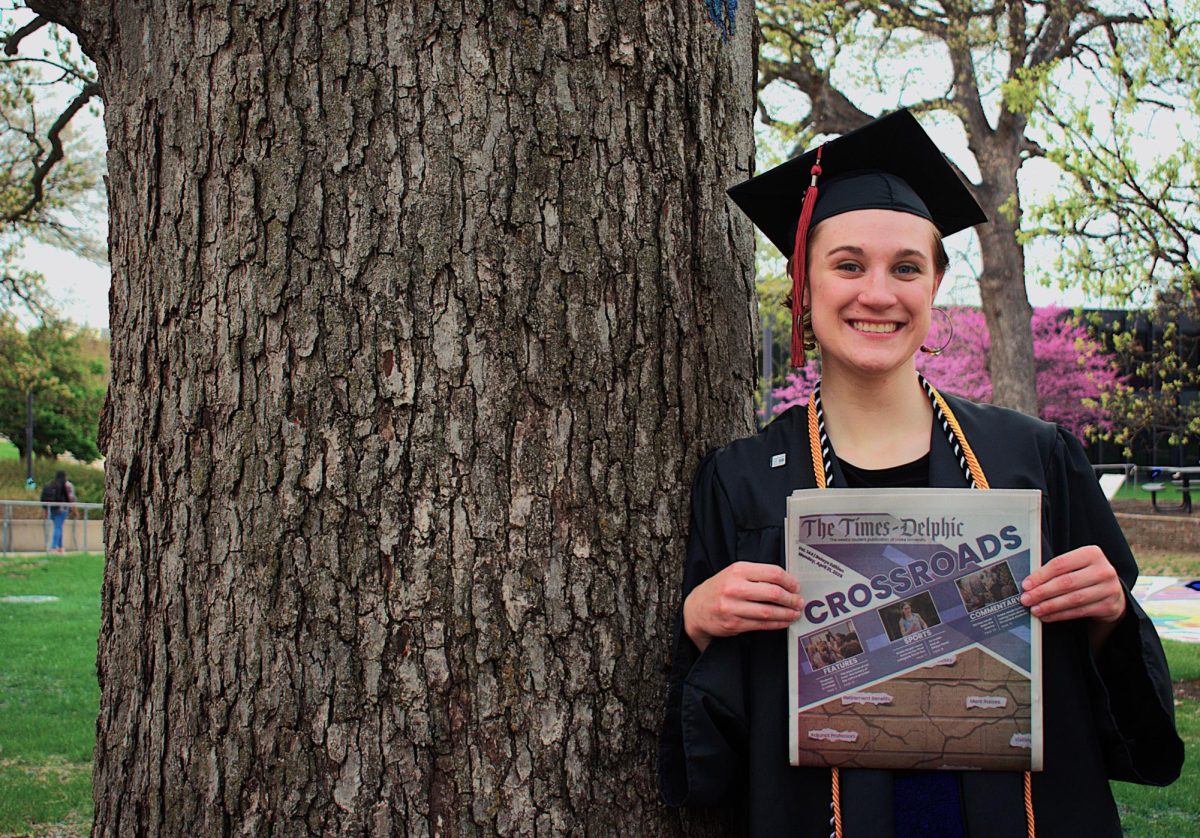Before I begin, I have to preface this anecdote with this: I was a nerd in high school. I know, probably not surprising to anyone who’s met me. But I was the worst kind of nerd — a journalism nerd. While everyone else was attending football games and vying for the hot history teacher’s attention, I was sifting through public records and attending Board of Education meetings. Anyway…
I grew up in the public school system, and that came with pros and cons. Yes, the lunchroom food tasted like cardboard, but because it was a public school district, it was subject to the Freedom of Information Act (FOIA). And for a journalism nerd such as myself, FOIA is a glorious thing.
When I wanted information about the salaries of top administrators in the district and the chief communications officer dug in his heels, I simply filled out and mailed a FOIA request — and legally, they couldn’t say no. I learned about their salaries, and many more seemingly-inaccessible pieces of information about the district, through the miracle of FOIA.
You can imagine, then, that going to a private university for college was a bit of a wake-up call. Because Drake is not government-operated and relies largely on tuition dollars for operation, it is considered a private university. Private universities are not subject to the Freedom of Information Act, and therefore, much of the information I would have been able to access in high school journalism through FOIA is now inaccessible to me as I pursue collegiate journalism.
At this point, you may be thinking: so what? Doesn’t a private university have the right to withhold any information they want?
To that I say: yes, but is it really a “private” college if it accepts government funding?
Out of the approximately 1,700 nonprofit private colleges in the US, less than 20 do not accept any form of federal funding. To that handful of colleges: congratulations, you can do whatever you want and no one has the right to question it. Drake is not one of those schools.
The rest of those “private” institutions of higher education accept federal funding, such as federal student loans, government grants (which provide things like the Presidential Scholarship at Drake) and tax exemptions. In fact, many of them receive as much, if not more, federal funding as public colleges. If the mark of a ‘private’ university is separation from the federal government, only the handful of colleges that refuse federal funding are truly private. The rest are just as intertwined with the government as public universities.
The only difference: public colleges are subject to FOIA, while ‘private’ colleges are not.
This means that private colleges have no obligation to provide records, information and data to the public. They operate heavily on the government dime, as do public universities, but have none of the same accountability. If private colleges choose to accept federal funding, that’s their prerogative: but they should face the same level of accountability and transparency under federal statute that public colleges do. College may not be free, but information should be.
Oh, and if you’re wondering why private universities can’t just pinky promise to be transparent and let the public access information? Believe me, we’ve fought that battle and died on that hill. It will never happen.







